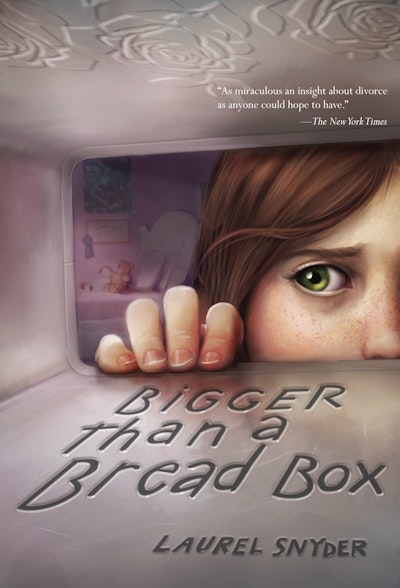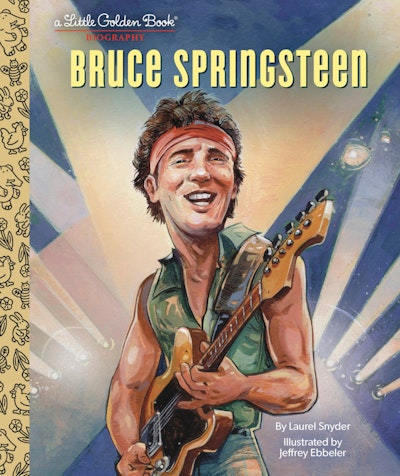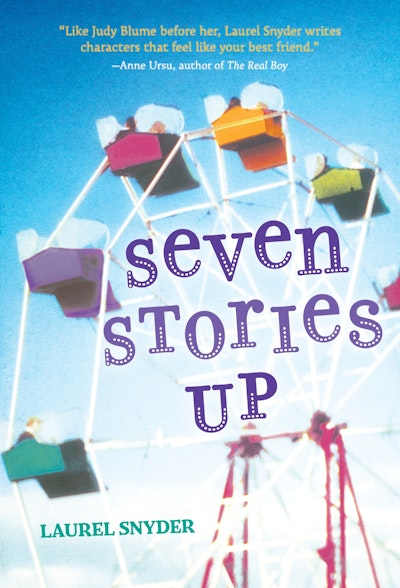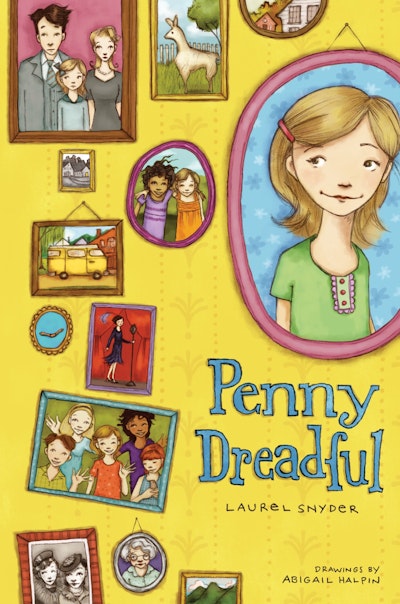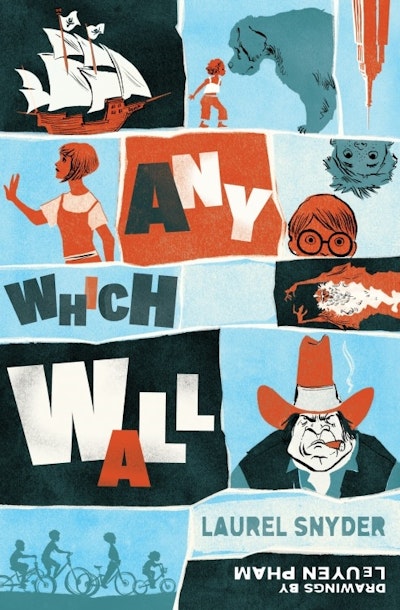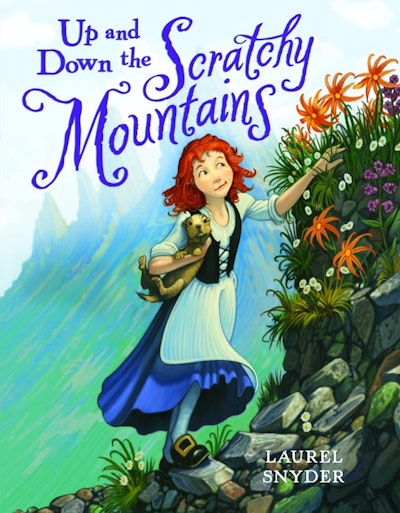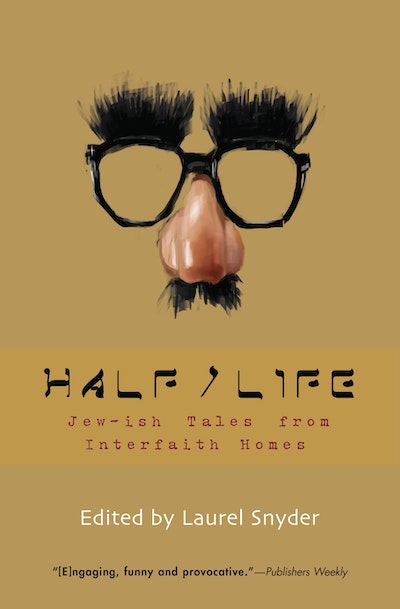[]
- Published: 15 September 2012
- ISBN: 9780375873256
- Imprint: RHUS Children's Books
- Format: Paperback
- Pages: 240
- RRP: $16.99
Bigger Than A Bread Box
Formats & editions
Buy from…
- Published: 15 September 2012
- ISBN: 9780375873256
- Imprint: RHUS Children's Books
- Format: Paperback
- Pages: 240
- RRP: $16.99
Praise for Bigger than a Breadbox:
"As miraculous an insight about divorce as anyone could hope to have."--The New York Times
"Insightful, memorable, and complex . . ."--Publishers Weekly
"Snyder weaves in her magic without letting it take over and become the focus. Rebecca's choices are not always understandable, but her heartache is. The slightly over-the-top resolution will be both scary and satisfying to readers. This is solid fiction for the elementary crowd. It doesn't rely on one-dimensional bad guys and doesn't let readers think that the good guys are flawless."--School Library Journal
